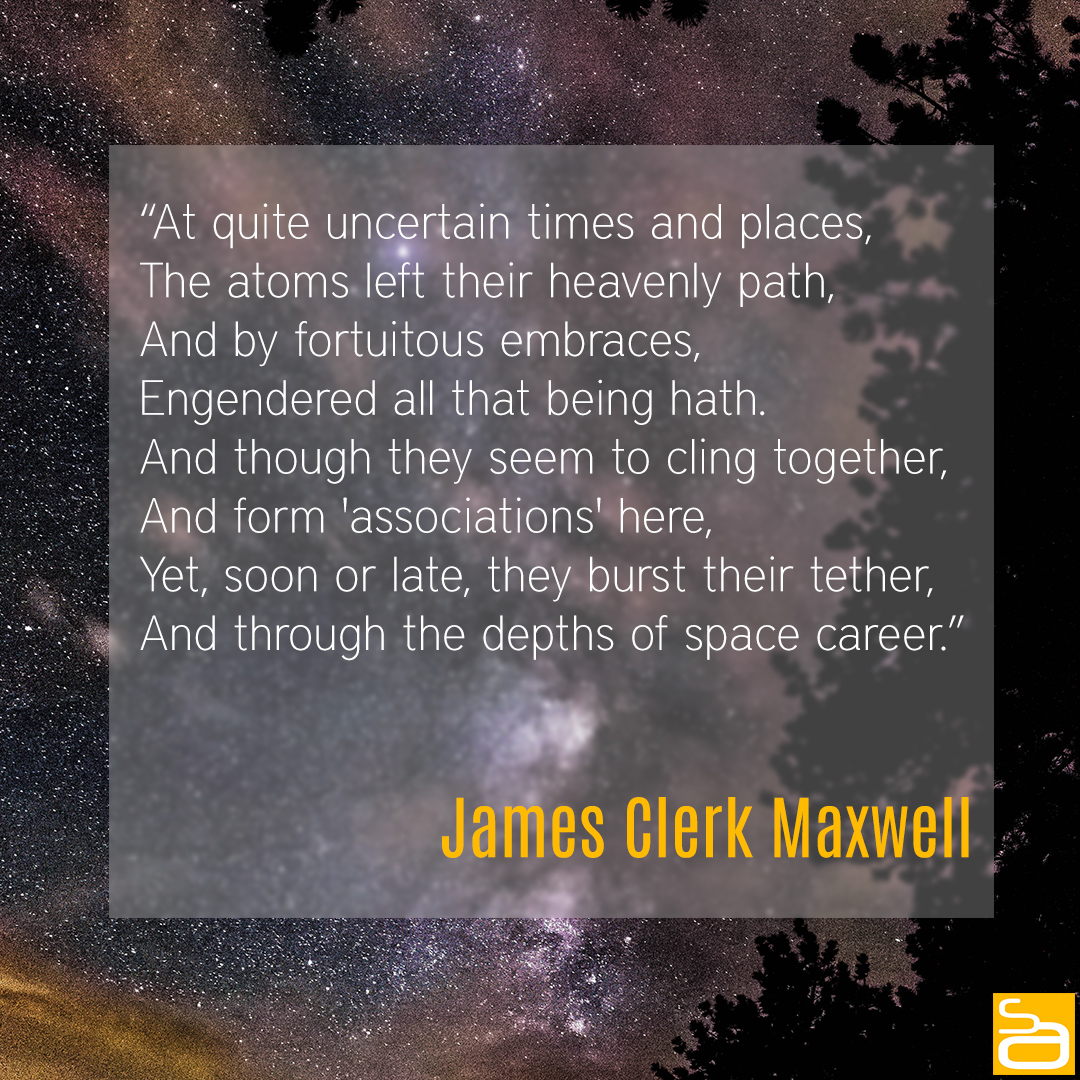

If a sharp pain strikes your chest but improves as you move around a bit… well, you may be looking at a case of heartburn (acid reflux) or some other gastrointestinal issue.Īn estimated 15 million Americans a day experience heartburn, which brings an uncomfortable burning feeling in your chest and a sour feeling in your throat. Inflammation in the lining of your lungs ( pleurisy).Īnd while these lung issues are not a heart attack, they are concerning enough to warrant a call to your healthcare provider.This is even more likely if the pain is focused on the right side of your chest, away from your heart. If this describes your symptoms, odds are that you’re dealing with a lung-related issue. Moving around and changing positions only seems to make it worse, too. With every deep breath or cough, pain pierces your chest. An injury such as broken or bruised ribs.Momentary chest discomfort is more likely to result from: The good news? The brief zap is usually not indicative of a heart attack, which often brings an unrelenting pain that lasts several minutes. The feeling - which many compare to getting an electrical shock - lasts only an attention-grabbing moment. You’re sitting at the kitchen table sipping coffee when chest pain strikes like a lightning bolt. Here are some examples of chest pain that usually doesn’t result in a heart attack diagnosis. A study of emergency room visits found that less than 6% of patients arriving with chest pain had a life-threatening heart issue. More often than not, chest pain does not signal a heart attack. Call 911 to seek immediate treatment to save heart muscle. Lasting and unrelenting pain in these areas may signal a heart attack, or myocardial infarction, says Dr.

Aside from your chest, the pain, pressure or discomfort also may radiate to your: Symptoms could include new or unexplained chest pain coupled with shortness of breath, a cold sweat, nausea, fatigue or lightheadedness.

Some types of chest pain should send you to the emergency room - particularly if it lasts for at least five minutes. “When in doubt, err on the side of caution and visit a doctor or emergency room,” notes Dr. Given the game-ending potential of a heart attack, any chest pain deserves attention. Let’s walk through some of those indicators and what they might mean with cardiologist Curtis Rimmerman, MD.Īn important note, though: Never assume chest pain is nothing to worry about. Some chest pain symptoms, while scary and alarming, are unlikely to signal a heart attack. Oftentimes, the situation isn’t what you fear. We do not endorse non-Cleveland Clinic products or services. Advertising on our site helps support our mission. Cleveland Clinic is a non-profit academic medical center.


 0 kommentar(er)
0 kommentar(er)
